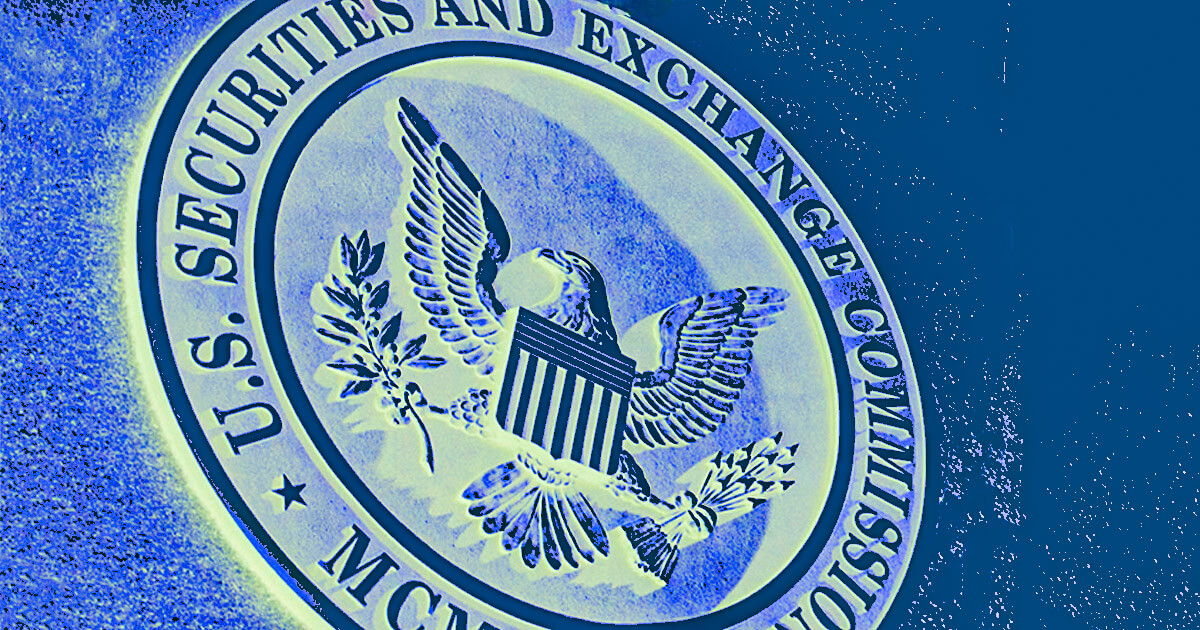The chief executive of Standard Chartered’s crypto offshoot Zodia Markets Usman Ahmad is looking to cash in on surging global demand for stablecoins.
“A lot of corporate clients are interested in stablecoins, mostly firms which are trading in multiple jurisdictions,” Ahmad told Financial News.
“Stablecoins are like a foreign exchange proxy. People can do cross-border transactions instantly even when the banks are closed,” he added.
Zodia Markets was established with the backing of Standard Chartered in 2021. In July 2022, the firm received crypto registration from the Financial Conduct Authority to launch its institutional exchange and brokerage business.
READ Tradfi firms eye crypto push as regulators crack down
While Ahmad said that the stablecoin market is picking up, he sees “specific interest” in non-dollar stablecoins.
“Around 94% of the stablecoin market is now dollar-denominated. We feel there is an opportunity in the non-dollar stablecoin market,” Ahmad said.
Amongst non-dollar stablecoins, some of the strongest contenders would be sterling denominated, he added.
In 2022, stablecoins settled more than $11tn in on-chain transactions, almost equalling the total payment volume of Visa, according to a report by crypto hedge fund Brevan Howard Digital.
READBank of England: ‘There is just no space to get a CBDC wrong’
Less than a third of stablecoins are held on exchanges, suggesting most users are using them for transactions rather than speculative trading.
“We have found a bunch of clients globally saying that banking cut-offs impact crypto transactions as they need to wait for banks to open after the weekend. With stablecoins, they could do that within minutes on bank holidays,” Ahmad said.
While he believes that speed and efficiency make stablecoins useful, the lack of yield generation on holdings is a downside.
When asked about the current global crypto regulatory landscape, Ahmad said that the UK, EU, Middle East, and Asia have made significant progress.
“If you look at the EU, things like extensive consultations, industry engagement, and using existing frameworks helped them develop the Markets in Crypto Assets Regulation. The UK’s approach is also similar. The biggest drag has been the US,” Ahmad said.
“The only positive sign, at least what we have seen recently, is that some clarity has started to come through the US courts around crypto assets,” he added.
READ Nomura’s crypto CEO backs Asia for growth drive
On 13 July, a US judge ruled that Ripple did not violate federal securities law by selling its XRP token on public exchanges. On 29 August, the US Court of Appeals for the DC Circuit ruled that the Securities and Exchange Commission’s denial of Grayscale’s bitcoin ETF was “arbitrary and capricious”.
However, Ahmad believes that things “could have been clearer” than complex legal arguments.
“In my opinion, there is a better way to get clarity and consensus than going through the courts of law. We have seen in other jurisdictions like the EU and the UK that with engagement with the industry and consultation you can have clarity.”
To contact the author of this story with feedback or news, email Bilal Jafar
Credit: Source link















































